Garden & Yard Issues
All Garden & Yard Issues Content
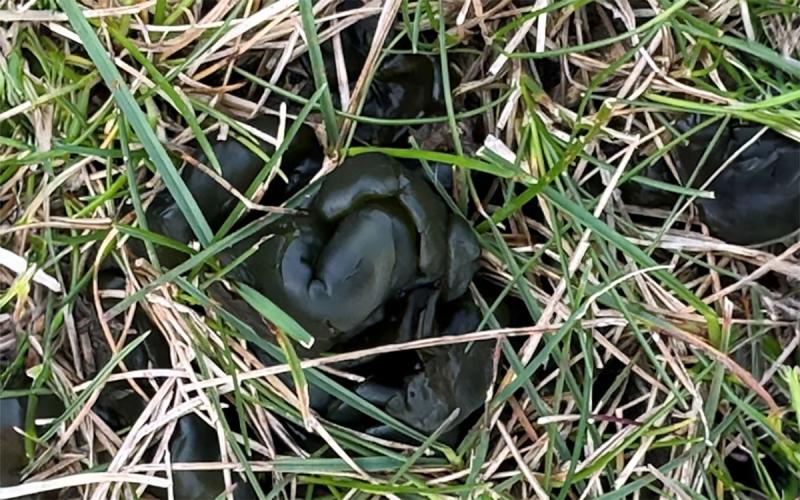
Nostoc in Lawns
Nostoc is a genus of cyanobacteria that form colonies in gelatinous masses. In South Dakota, it commonly appears in home lawns, notably in patches where grass is not growing, especially after periods of rain.
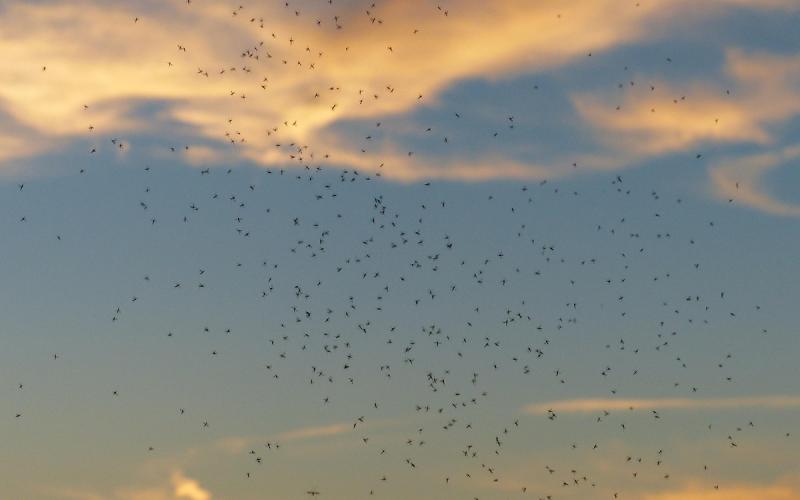
West Nile Virus Update: October 16, 2025
As of October 16, 2025, the South Dakota Department of Health reported 86 human cases of West Nile virus from Aurora, Beadle, Bon Homme, Brookings, Brown, Charles Mix, Clay, Codington, Corson, Douglas, Grant, Gregory, Haakon, Hamlin, Hand, Hughes, Hutchison, Hyde, Lawrence, Lincoln, Marshall, Meade, Miner, Minnehaha, Pennington, Roberts, Sanborn, Spink, Stanley, Todd, Union, Walworth, and Yankton counties.
Problems and Solutions
Not finding the gardening or horticulture resource you need? Use the Ask Extension tool to submit your question.
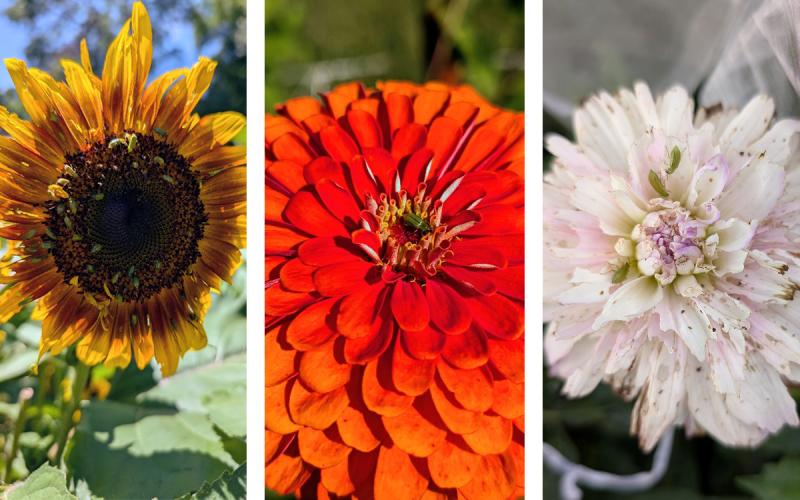
Corn Rootworm Presence in Cut Flowers
Multiple cut flower farms in Eastern South Dakota have reported corn rootworms on a variety of crops, including sunflowers, zinnias, and dahlias. Careful attention to species present, their timing, and the damage they cause can help inform integrated pest management strategies.
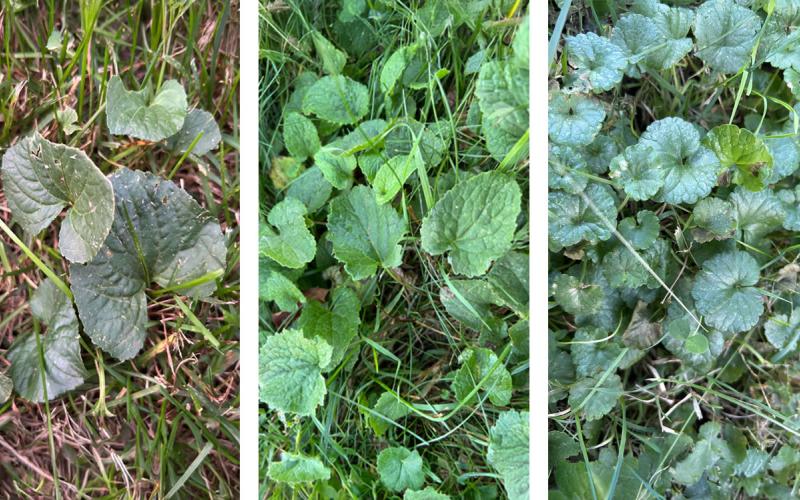
Perennial Weed Control in Lawns and Turf With Fall Herbicide Applications
Early fall is great time to control perennial weeds in lawns, including Wild violet, Creeping Bellflower, Ground Ivy, and Canada Thistle. Learn some expert tips selecting the right herbicides to manage these difficult-to-control weeds this fall.
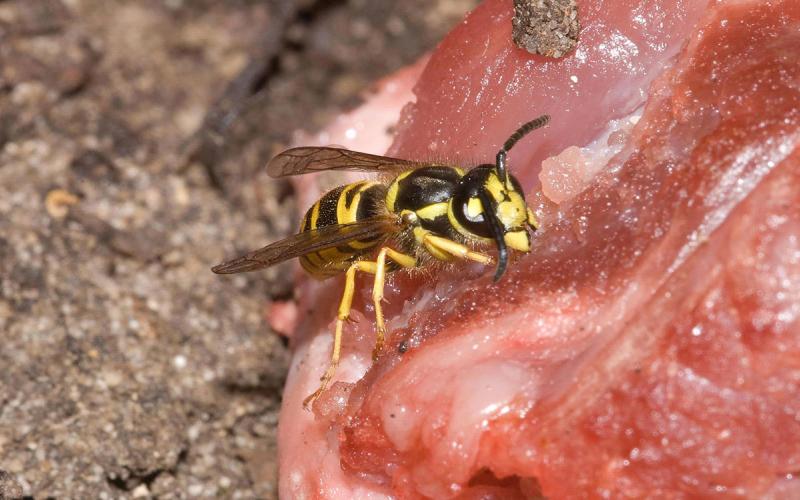
Yellowjackets: Swarming decaying produce or garbage near you
Fall is here, and if you have a garden, fruit trees, or outdoor dumpsters, you are likely to encounter yellowjackets in search of food. Learn some expert tips to avoid getting stung this fall.

West Nile Virus Update: September 26, 2025
As of September 26, 2025, the South Dakota Department of Health (SD DOH) reported 74 human cases of West Nile Virus from Aurora, Beadle, Bon Homme, Brookings, Brown, Charles Mix, Clay, Codington, Corson, Douglas, Grant, Gregory, Haakon, Hamlin, Hand, Hughes, Hutchison, Hyde, Lawrence, Lincoln, Marshall, Meade, Miner, Minnehaha, Pennington, Roberts, Sanborn, Spink, Stanley, Union, Walworth, and Yankton counties.
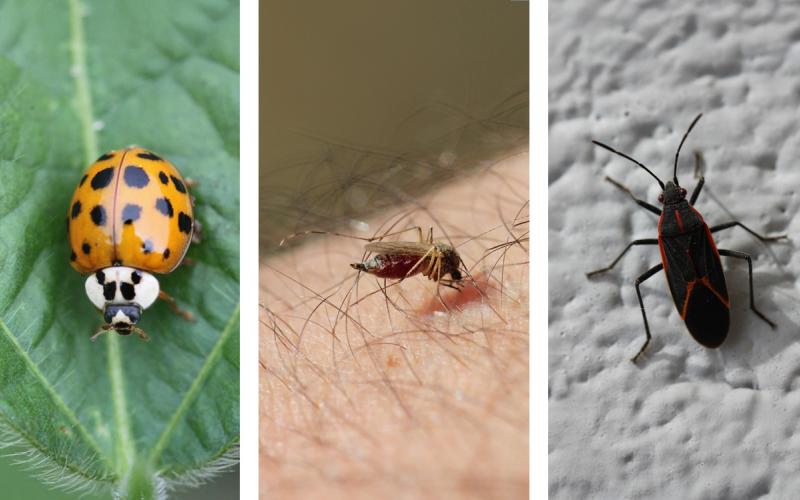
Insects Are Being a Nuisance This Fall
The weather is changing, and many of us are noticing an uptick in the nuisance bites caused by several insects. The continued warm weather is going to increase the activity of all insects, including the ones that are causing us displeasure.

West Nile Virus Update: September 10, 2025
As of September 10, 2025, the South Dakota Department of Health (SD DOH) reported 59 human cases of West Nile virus from Beadle, Bon Homme, Brookings, Brown, Charles Mix, Codington, Corson, Grant, Gregory, Hamlin, Hand, Hughes, Hutchison, Hyde, Lawrence, Lincoln, Marshall, Meade, Miner, Minnehaha, Pennington, Sanborn, Spink, and Walworth counties.
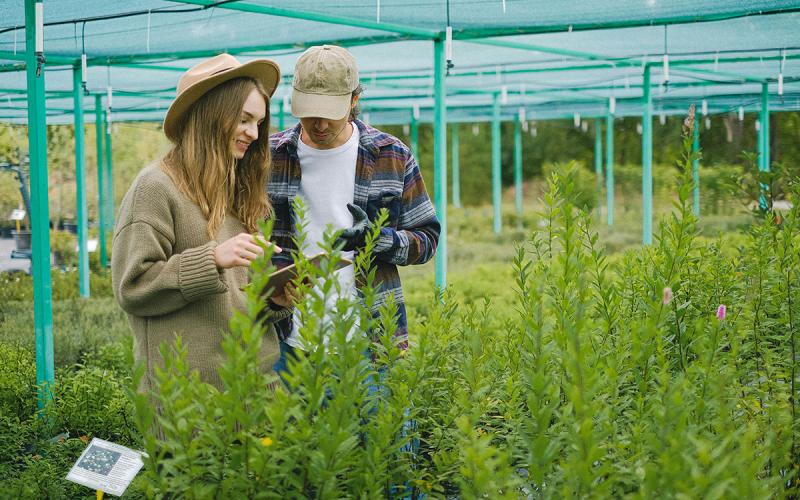
Home Horticulture Resources for Gardeners
Horticulture is the branch of plant agriculture dealing with garden crops. In addition to our website, there are many horticulture resources available on the web to provide research-based information to help every gardener succeed.